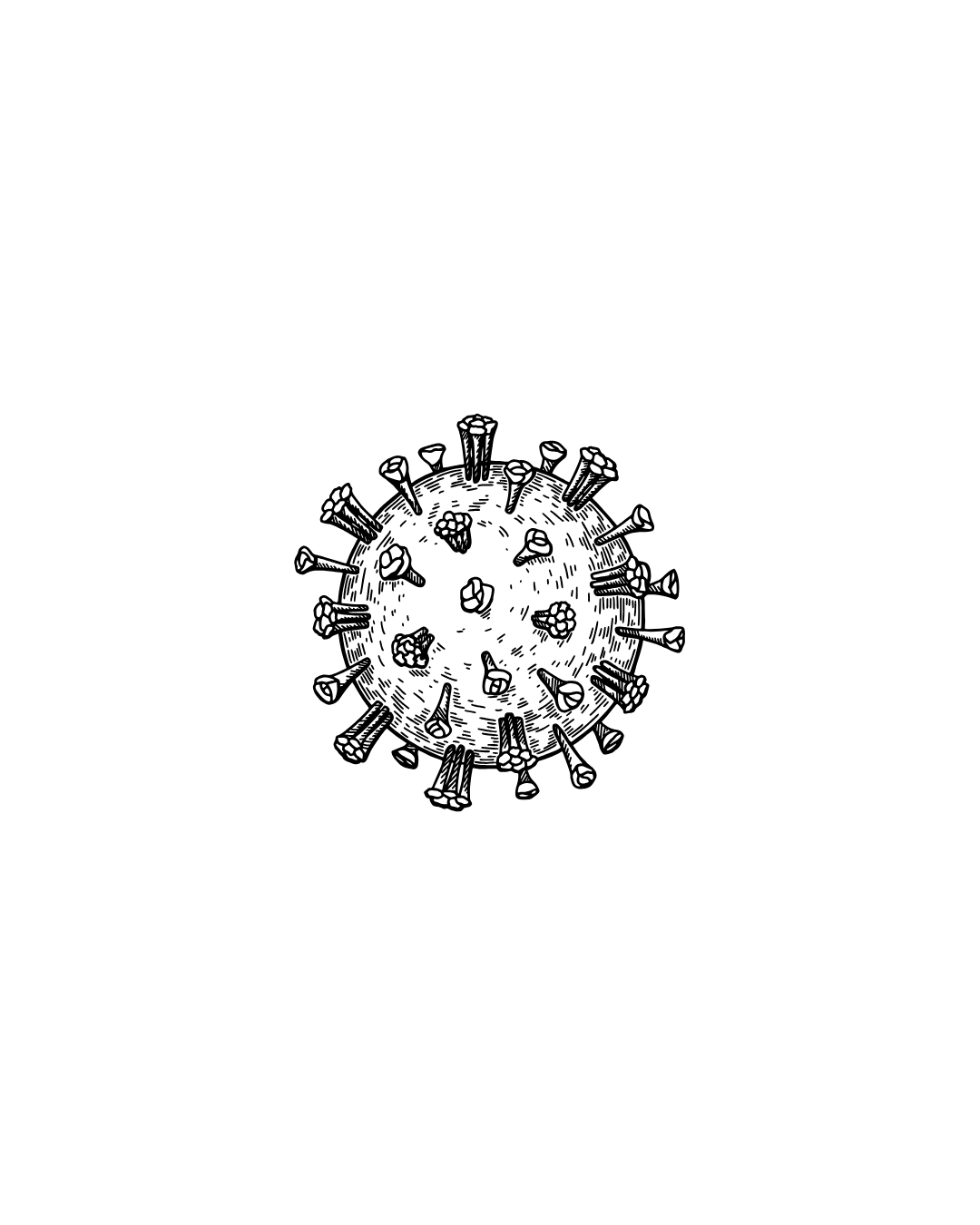Description
A Master of Science (M.Sc) in Microbiology is a graduate degree program dedicated to the study of microorganisms, including bacteria, viruses, fungi, and protozoa. This program equips students with an in-depth understanding of microbial biology, genetics, ecology, and the role of microbes in health, disease, and the environment. It prepares graduates for a variety of careers in research, healthcare, and industry. Here?s an overview of the program, including core components, skills developed, and potential career paths.
Program Overview
Duration: Typically takes 1 to 2 years to complete, depending on whether the student is enrolled full-time or part-time.
Mode: Offered in various formats, including full-time, part-time, and online options.
Eligibility: Generally requires a bachelor?s degree in microbiology, biology, or a related field. Some programs may have specific GPA requirements or require the GRE.
Core Curriculum
The curriculum for an M.Sc in Microbiology usually includes core courses, electives, and a research component (thesis or project). Common subjects studied include:
General Microbiology: Overview of microorganisms, including their classification, physiological processes, and ecological roles.
Microbial Genetics: Examination of the genetic composition of microorganisms and the mechanisms of genetic transfer and regulation.
Microbial Ecology: Study of the interactions between microorganisms and their environments, including their roles in biogeochemical cycles and ecosystems.
Pathogenic Microbiology: Focus on disease-causing microorganisms, their mechanisms of pathogenicity, and methods of diagnosis and control.
Immunology: Understanding the immune response to microbial infections, including the study of vaccines and immune-related diseases.
Industrial Microbiology: Exploration of the applications of microorganisms in industry, such as fermentation technology, bioprocessing, and biotechnology.
Advanced Laboratory Techniques: Practical training in microbiological methods, including culture techniques, molecular biology techniques, and biosafety practices.
Skills Developed
Research Skills: Ability to design and conduct experiments, analyze microbial interactions, and interpret data effectively.
Technical Proficiency: Experience with laboratory techniques and equipment used in microbiology, including microscopy, culture methods, and molecular techniques.
Problem-Solving Skills: Developing strategies to address complex microbiological issues related to health, environment, and industry.
Analytical Skills: Ability to critically evaluate scientific literature, data, and research findings in microbiology.
Communication Skills: Writing research reports, presenting findings, and educating others about microbial science.
Career Opportunities
Graduates with an M.Sc in Microbiology can pursue various career paths, including:
Microbiologist: Conducting research in academic, governmental, or industrial laboratories to study microorganisms and their applications.
Clinical Microbiologist: Working in healthcare settings, diagnosing infections, and developing treatment protocols based on microbial analysis.
Pharmaceutical Microbiologist: Engaging in product development and quality control in the pharmaceutical industry, focusing on microbial contamination and safety.
Environmental Microbiologist: Studying microbial communities in environmental settings and their roles in bioremediation and ecosystem health.
Biotechnologist: Applying microbiological methods in the development of bioprocesses for food production, biofuels, and pharmaceuticals.
Regulatory Affairs Specialist: Ensuring compliance with regulations related to microbiological products and processes in pharmaceuticals, healthcare, and food industries.
Benefits of Pursuing an M.Sc in Microbiology
Specialized Knowledge: Gain advanced understanding of microbial biology and its applications, preparing you for a career in research, healthcare, or industry.
Growing Field: With increasing recognition of the role of microorganisms in health and environmental issues, there is a broad demand for skilled microbiologists.
Hands-On Experience: Engage in laboratory work and research projects that provide practical skills and enhance employability in various sectors.
Additional Considerations
When considering an M.Sc in Microbiology:
Accreditation: Ensure that the program is accredited and recognized by relevant academic and professional bodies.
Research Opportunities: Look for programs with faculty actively engaged in microbiological research that aligns with your interests.
Internship Opportunities: Seek programs that offer internships or collaborations with industry, healthcare, or research institutions for practical experience.
If you have any specific questions about the M.Sc in Microbiology, its courses, or potential career paths, feel free to ask!









